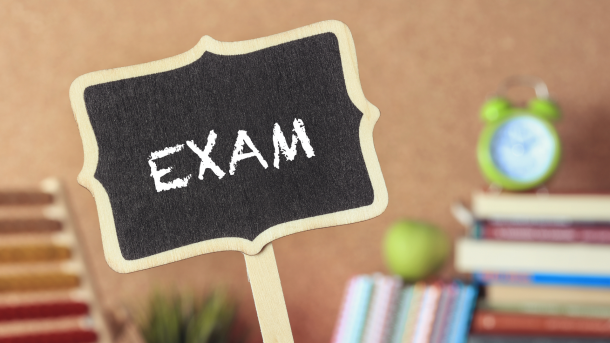The final exam is this week, which means you have spent the past few months studying and preparing. But now comes the tricky part: revising. The trickiest part? Not knowing where to start. Revision times can be intimidating, so here is some advice to help you conquer this final hurdle and ace that exam.
Revising is one of the most important skills a student can develop. Getting good grades on exams is a major part of school success, and it is vitally important to be able to think critically about what you are learning and be able to apply that learning to different problems. Fortunately, knowing how to revise for an exam is not that difficult.
Here’s How Best to Revise for an Important Exam:
Determine The Type of Exam You Will Be Taking.
Exams can be scary. But, with the right studying strategy and plenty of hard work, you can ace your exam. Study tactics can shape your study methods and, in turn, how you pass your exam. When it comes to exam performance, several factors can make or break your exam experience. Determine what type of exam you are taking, identify the key content, and determine the best way to prepare for your test day. Remember to check and double-check your notes when revising for an important exam. It helps to make little summaries or checklists of all your important points and then check them once to ensure you are covering everything.
Be Sure to Set Goals and Prepare Early to Maximize Your Chances of Success.
It is not enough just to study for your high school, college, or university entrance exam—you will need to be at the top of your game to pass them. To maximize your success, invest in your preparation and strategize effectively. Take the time to learn the exam format, and be sure to set clear, achievable goals before you begin.
Find A Dedicated Space for Studying, Free from Distractions, To Create the Best Conditions for Learning.
One of the most important things you can do when revising for a final exam is to set aside a dedicated space to study, free from distractions. Find a place where you can focus, preferably somewhere quiet. Use a timer, so you do not get distracted. Save the internet for social media and turn off the TV.
Examine Old Exam Papers to Get an Idea of What to Expect.
Preparation is the key to success. The best way to prepare for an exam is to read over the material and study past exam papers to get a good sense of what you can expect when sitting for your exam.
Review The Subject Handbook and Objectives to Ensure You Are Clear About What Is Required of You.
The better you understand the content, the better your chances of performing well on your exam. Therefore, take the time to review your syllabus and objectives, as well as your textbook, lecture notes, and handouts. This will help you know what to do to succeed in the course.
Organize Your Subject Material in A Way That Works Best for You.
You worked hard in school, studying hard. You made your teachers proud, and now it is time to test your abilities and earn a degree. But before you can pass that important exam, you must write and pass it. Outlines, outlines, outlines. In college, you hopefully learned the outline method is the most efficient way to organize and analyse information. Knowing how to revise for exams effectively and efficiently is an essential skill you will eventually have to master. But no single technique suits every learner, so it is important to experiment until you find what works best for you.
While it is tempting to put off studying for an important exam, the longer you wait, the harder it will be to catch up. Planning ahead is the best way to approach an exam. Review your syllabus, read the chapters and sections you are already familiar with, and then look back at the completely new material. The best way to revise is by answering questions; one of the most common study techniques that has proven itself time and again over the years.




